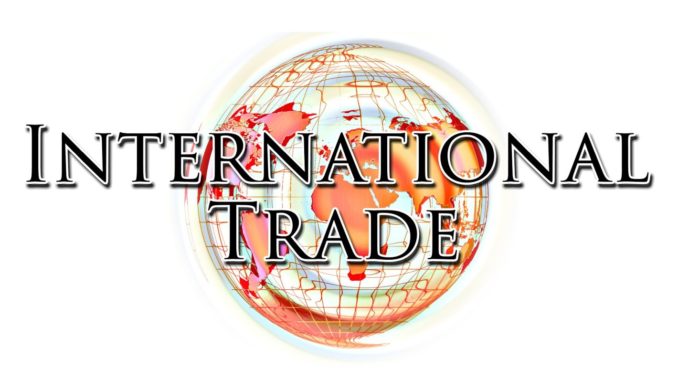
With the approach of the G7 summit, there is a rising risk that there could be a break between the United States and the other participants on trade. Such an outcome could damage the nation’s bilateral relationships with some of its most important allies. Nevertheless on the eve of the summit, the U.S. remains on a collision course with the other G7 participants.
On the evening of June 7, President Trump appeared to be burning the proverbial bridges behind him. In a series of tweets, he seemed to be constructing an atmosphere of rigidity from which there would be no turning back. He attacked Canada, France, and the European Union.
In the first tweet, Trump declared:
Please tell Prime Minister Trudeau and President Macron that they are charging the U.S. massive tariffs and create non-monetary barriers. The EU trade surplus with the U.S. is $151 Billion, and Canada keeps our farmers and others out. Look forward to seeing them tomorrow.
In a second tweet that followed two hours later, Trump added:
Prime Minister Trudeau is being so indignant, bringing up the relationship that the U.S. and Canada had over the many years and all sorts of other things…but he doesn’t bring up the fact that they charge us up to 300% on dairy — hurting our Farmers, killing our Agriculture!
Then, in a third tweet, Trump implied further U.S. tariffs that could lead to an escalation in trade tensions. He wrote:
Why isn’t the European Union and Canada informing the public that for years they have used massive Trade Tariffs and non-monetary Trade Barriers against the U.S. Totally unfair to our farmers, workers & companies. Take down your tariffs & barriers or we will more than match you!
These tweets suggest that the base case outcome is a failure at the G7 summit to persuade the Trump Administration to roll back its recently-imposed steel and aluminum tariffs. As a result, there could be no joint statement or communique. There is also a possibility that the remaining six participants could issue their own joint statement.
So, what does this mean for the United States?
The Trade Partnership, an economic and trade consulting firm, conducted an analysis that was released June 5. The organization’s findings related to the Trump tariffs and subsequent retaliatory measures were:
- A reduction in U.S. real GDP growth of approximately 0.2% per year in the short term
- An increase of 26,280 jobs in the steel and non-ferrous metals (principally aluminum) industries but a net loss of 432,747 jobs in the rest of the American economy
- Two-thirds of job losses would be concentrated in production and among low-skill occupations
- Every state would suffer a net loss of jobs
The report concluded:
Higher costs from steel and aluminum tariffs, quotas, and associated retaliation by trading partners would reverberate throughout the U.S. economy in ways that will, on balance, negatively impact U.S. output and employment. While U.S. steel and aluminum jobs would increase, they would come at a high cost to workers in other sectors. Supporters may view the tariffs as the start of a conversation with U.S. trading partners, but those who feel the collateral damage are likely to see them as the start of an alarming trade war. Whatever they are called, tariffs that destabilize the U.S. and global economies are a detriment to national security.
Although much of the debate over the Trump Administration’s continuing advance into protectionism is focused on economic matters, the debate also touches on a far broader philosophical framework. The debate also concerns the role of the state and, therefore, the extent of political freedom in which the nation’s people can make their own choices concerning their purchases, their employment, and how they lead their own lives. Milton Friedman highlighted this often underappreciated aspect of the discourse concerning free markets, including trade, in Capitalism and Freedom. He explained:
It is widely believed that politics and economics are separate and largely unconnected; that individual freedom is a political problem and material welfare an economic problem… The kind of economic organization that provides economic freedom directly, namely, competitive capitalism, also promotes political freedom because it separates economic power from political power and in this way enables the one to offset the other.
The potential losses in economic growth and employment from the Trump tariffs can be quantified. What can’t be quantified is the degree to which individual freedom will be eroded and, in turn, the long-term societal consequences that will accrue from the reduction in individual freedom in the economic sphere.

1 Trackback / Pingback
Comments are closed.